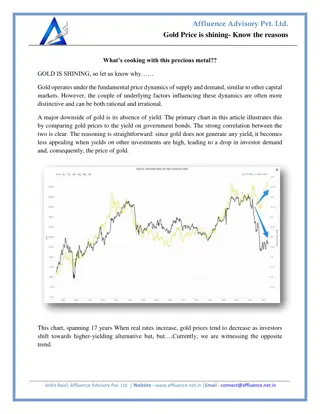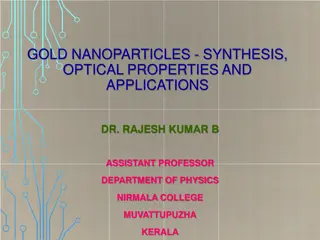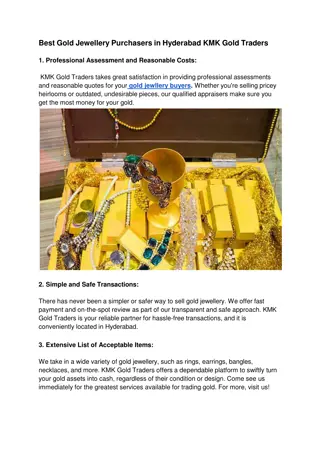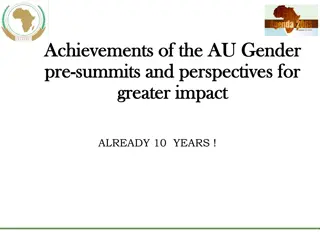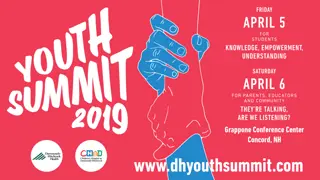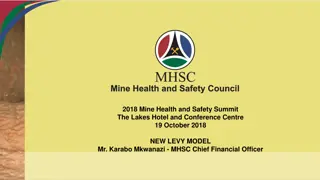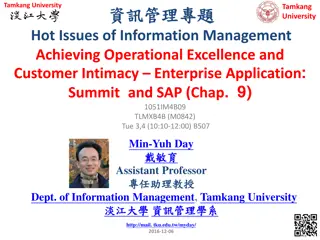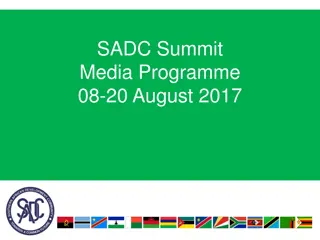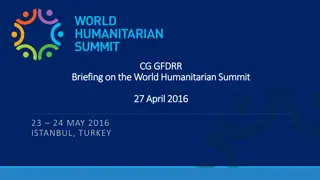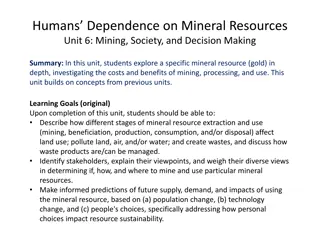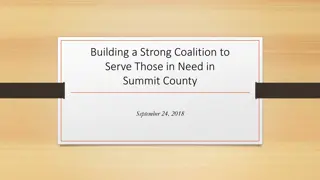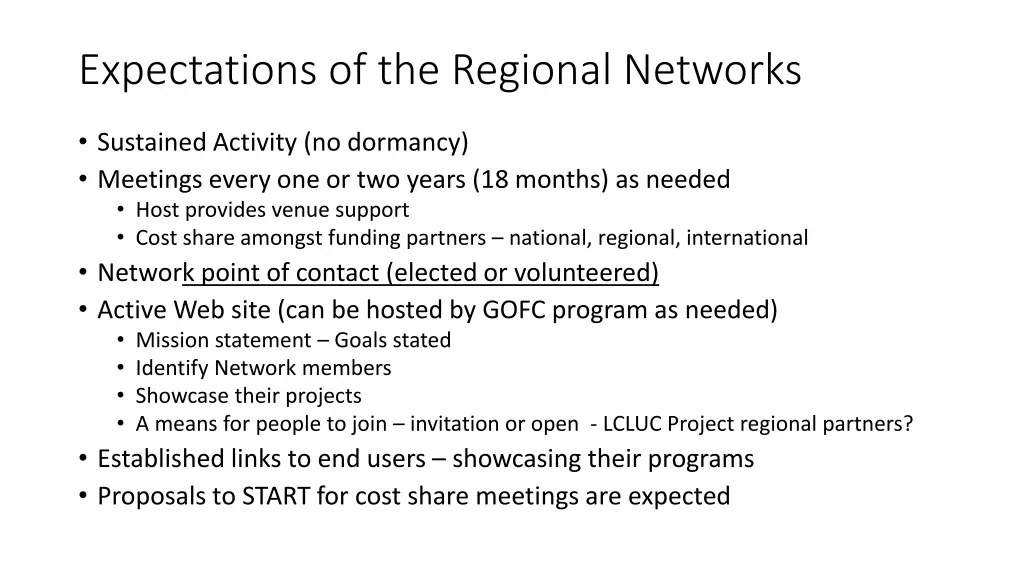
Expectations and Strategies for Regional Network Sustainability
Explore the key expectations and effective strategies for sustaining regional networks, including regular meetings, capacity-building approaches, training materials, and network expansion. Discover how to enhance collaboration and communication among network members for successful outcomes.
Download Presentation

Please find below an Image/Link to download the presentation.
The content on the website is provided AS IS for your information and personal use only. It may not be sold, licensed, or shared on other websites without obtaining consent from the author. If you encounter any issues during the download, it is possible that the publisher has removed the file from their server.
You are allowed to download the files provided on this website for personal or commercial use, subject to the condition that they are used lawfully. All files are the property of their respective owners.
The content on the website is provided AS IS for your information and personal use only. It may not be sold, licensed, or shared on other websites without obtaining consent from the author.
E N D
Presentation Transcript
Expectations of the Regional Networks Sustained Activity (no dormancy) Meetings every one or two years (18 months) as needed Host provides venue support Cost share amongst funding partners national, regional, international Network point of contact (elected or volunteered) Active Web site (can be hosted by GOFC program as needed) Mission statement Goals stated Identify Network members Showcase their projects A means for people to join invitation or open - LCLUC Project regional partners? Established links to end users showcasing their programs Proposals to START for cost share meetings are expected
Expectations of the Regional Networks
Capacity building approaches and consistency how can we design to make it effective; Data initiative approach may not be enough; other approaches need to be explored. Series of tools development Online teaching courses; partnerships with Univ s Make the materials available online to all (once training is done to training attendees; All RN s to be part of Webinars Train the trainers approach (important to choose to train so that dissemination is effective after the training; smaller number with more trainers (may not work effectively unless resources are provided to trainers; instead online training options might be much more beneficial;
Training material to update systematically to cope up with latest technologies (online material) Train the trainers may not work in Africa due to functional/logistic/travel relate issues; Combination of approaches on Training should be the strategy; Training based on some activity/focus/theme will help; Action Benefits of being a part of GOFC RN template and vice versa Each RN can articulate their needs (inputs for space agencies);
Start up money needs GOFC Mailing list Network expansion and including new members and strategies on sustainability Bringing new expertise into networks; Inter-network meetings; Quarterly TELECONS between networks to share information and funding opportunities Communication through websites RN s should have been given time to discuss among themselves


